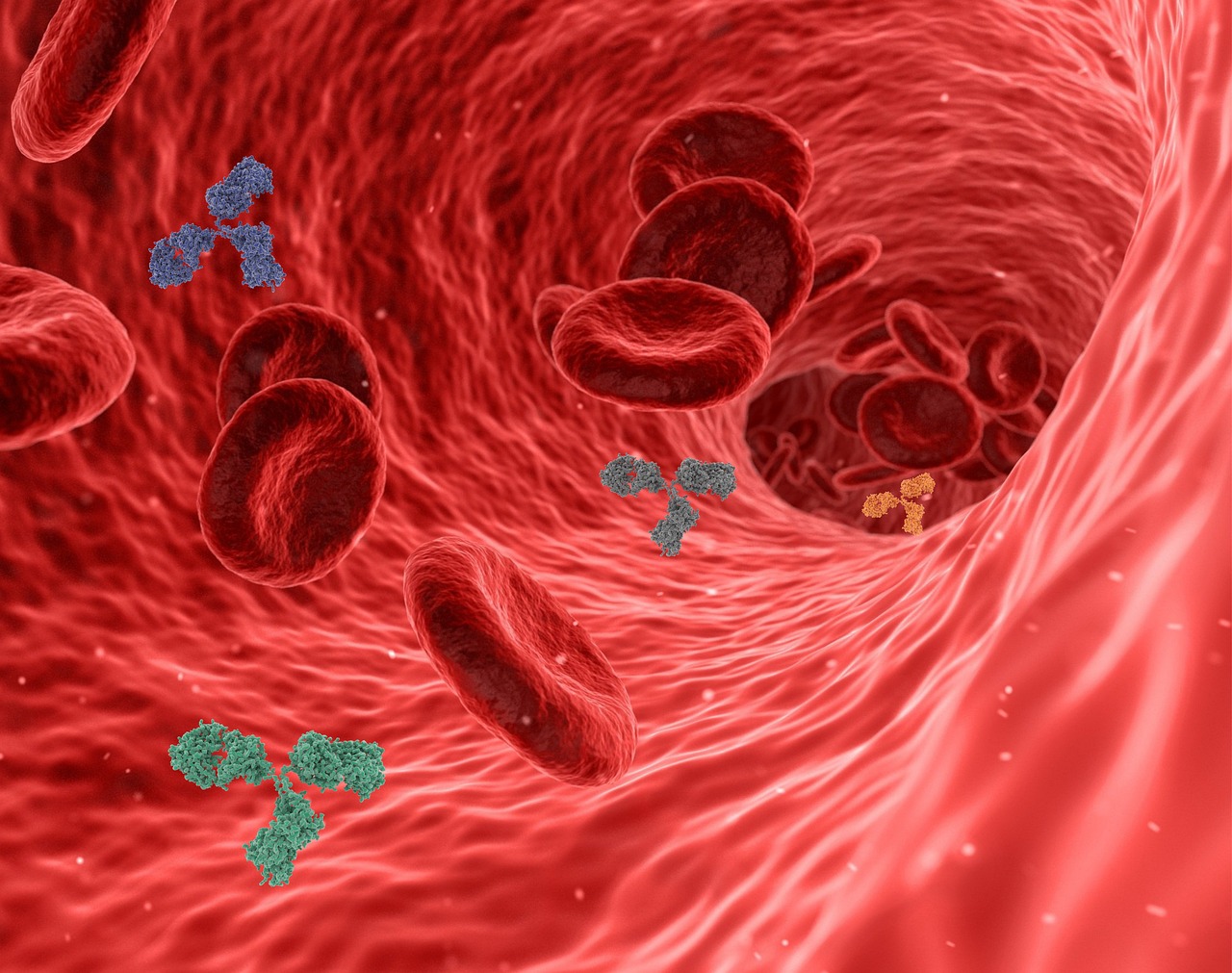The endocrine system, a system that plays an important regulatory role in our body, is often overlooked because of its secretive nature. In fact, it is closely linked to our diet and lifestyle, affecting our health bit by bit. So, how do diet and lifestyle quietly change our endocrine system? This article will reveal the mystery for you.
I. Understanding the endocrine system
The endocrine system consists of a series of glands, cells and the hormones they secrete, which go directly into our bloodstream to regulate various physiological activities of the body, such as metabolism, growth, development, immunity, etc. The endocrine system is like a precise clock that ensures that all parts of our body work in a set rhythm and sequence through the “messengers”. The endocrine system is like a precise clock, which ensures that all parts of our body work according to a set rhythm and sequence through the “messengers” of hormones.
II. Impact of diet on endocrine secretion
(I) Over-nutrition and endocrine disruption
In modern life, we can easily consume too much high-calorie and high-fat food, which will not only lead to obesity, but also cause a series of endocrine problems. For example, a high-fat diet will promote the rise of estrogen levels in the body, increasing the risk of breast cancer, endometrial cancer and other diseases. In addition, excessive sugar intake will lead to dramatic fluctuations in blood glucose, which in turn affects the normal secretion of insulin, and in the long run, may lead to insulin resistance or even diabetes.
(ii) Malnutrition and endocrine disruption
Contrary to over-nutrition, long-term malnutrition can also lead to endocrine disruption. The human body needs various vitamins, minerals and trace elements to maintain the normal operation of the endocrine system. For example, iodine is an important raw material for synthesizing thyroid hormones, and iodine deficiency will lead to hypothyroidism, affecting the body’s metabolism and growth and development. Similarly, vitamin D deficiency will affect the absorption and utilization of calcium, which in turn affects bone health.
(iii) Importance of a healthy diet
A healthy diet is essential for maintaining endocrine balance. We should emphasize food variety and ensure adequate intake of protein, fat, carbohydrates as well as various vitamins and minerals. At the same time, a moderate increase in the intake of fiber-rich foods such as vegetables, fruits and whole grains will help maintain intestinal health and promote normal hormone metabolism.
III. Impact of lifestyle on the endocrine system
(i) Lack of sleep and endocrine disorders
Adequate sleep is an important guarantee for the normal operation of the endocrine system. Long-term sleep deprivation will lead to an imbalance in the levels of many hormones in the body, such as growth hormone, cortisol, insulin, and so on. These hormone disorders will not only affect our mental state and immunity, but also may trigger a series of health problems such as obesity, hypertension, diabetes, etc.
(ii) Insufficient exercise and endocrine health
Exercise is one of the important factors in maintaining endocrine health. Moderate exercise can promote blood circulation, accelerate metabolism, and help eliminate waste and toxins from the body. At the same time, exercise can also stimulate the secretion of hormones such as endorphins, improve mood and relieve stress. However, a prolonged sedentary lifestyle will lead to a decline in body functions and the endocrine system will be implicated as a result.
(iii) Psychological stress and endocrine disorders
Psychological stress is an endocrine disruptor that cannot be ignored in modern life. Prolonged exposure to high pressure will lead to a continuous rise in stress hormones such as adrenocorticotropic hormone, which in turn affects the normal functioning of the immune system, digestive system and other bodily functions. Therefore, learning to reasonably regulate psychological stress and relieving it through meditation, breathing exercises, and psychological counseling is equally important for maintaining endocrine health.
IV. How to maintain the health of the endocrine system
(i) Establish healthy eating habits
Maintain a balanced diet structure, emphasizing the nutritional value and diversity of food. Increase the intake of foods rich in protein, vitamins and minerals and reduce the intake of high-calorie and high-fat foods. At the same time, maintaining an appropriate amount of water intake also contributes to the normal metabolism of the body.
(ii) Adopt good living habits
Ensure sufficient sleep time, and try to avoid staying up late and irregular work and rest. Maintain a certain amount of exercise every day, such as walking, jogging, yoga, etc., and choose the appropriate exercise according to personal preference and physical condition. In addition, quitting smoking and limiting alcohol is also an important part of maintaining endocrine health.
(iii) Learn to adapt to psychology
In the face of pressure and challenges in life, learn to reasonably cope with and adjust your psychological state. Relax and relieve stress through meditation and breathing exercises. At the same time, establish a good social network and support system, share your mood and experience with family and friends, and work together to maintain your physical and mental health.
In summary, diet and lifestyle have a profound impact on the health of the endocrine system. By establishing a good diet and lifestyle, we can effectively maintain endocrine balance and promote good health. Let’s start paying attention to our diet and lifestyle today!



